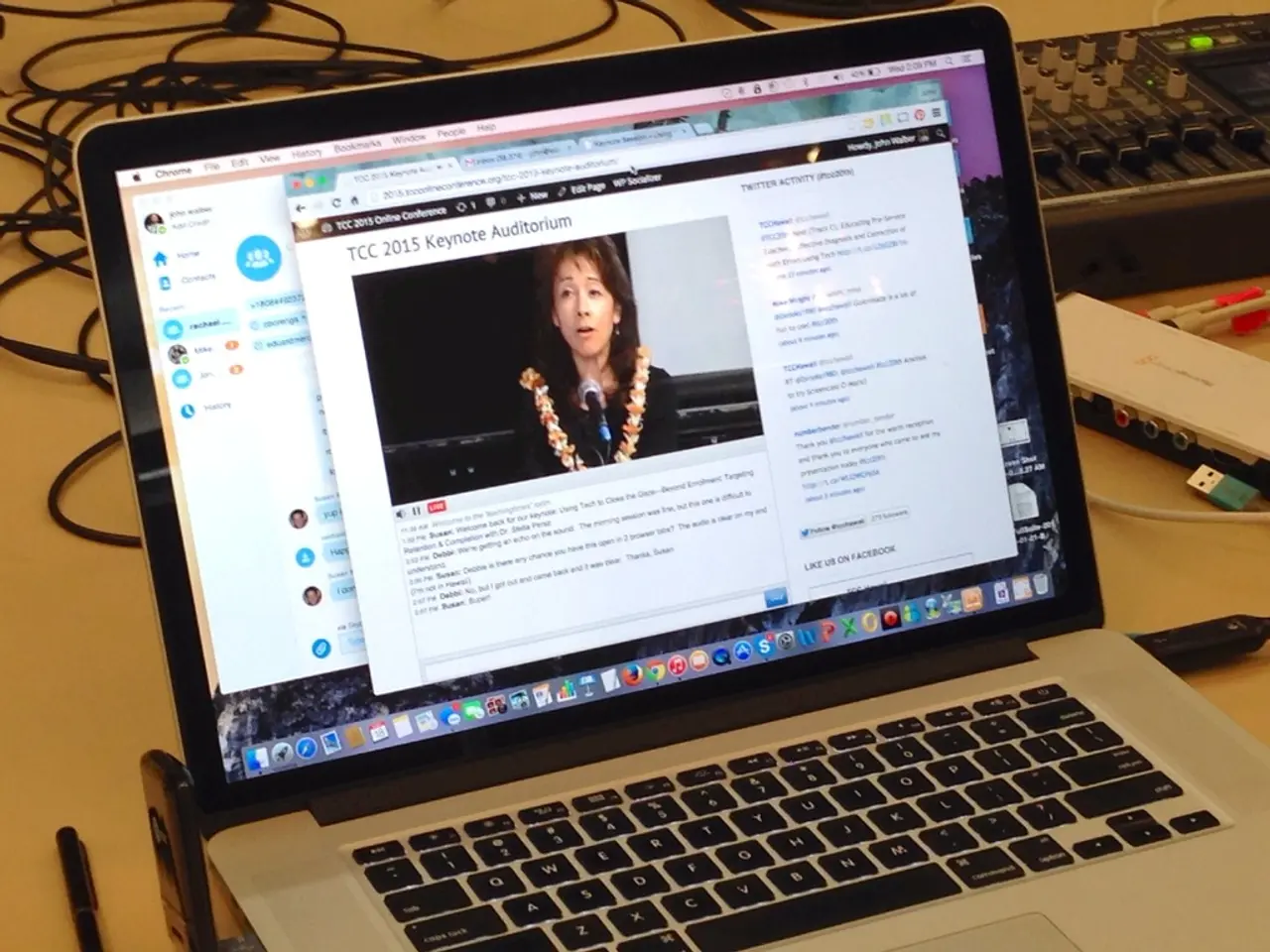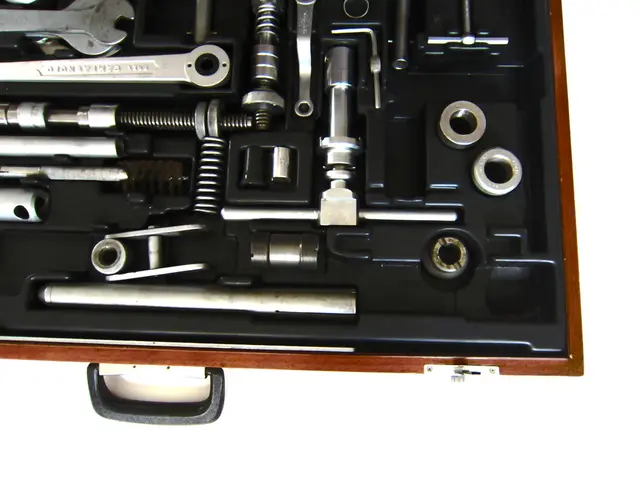Enhancement of zkML Through Polyhedra's Addition of Expander Yields 9000 zk Proofs per Second
The field of zero-knowledge machine learning (zkML) has taken a significant step forward with Polyhedra's latest update to their Expander system, making it compatible with CUDA 13.0. This update brings numerous benefits to the zkML ecosystem, including improved GPU performance, enhanced security, and scalability for large-scale models.
Improved GPU Performance and Efficiency
CUDA 13.0 includes optimizations and new features that enhance GPU computation speed and resource utilization. By leveraging these improvements, Polyhedra's Expander can execute zkML workloads more efficiently, reducing training and inference times.
Access to Latest GPU Hardware Features
CUDA 13.0 supports the newest NVIDIA GPU architectures, such as Hopper and the latest Ada Lovelace generations. This enables Expander to make use of advanced tensor cores, increased memory bandwidth, and improved parallelism, which are critical for handling the heavy cryptographic computations in zkML.
Enhanced Compatibility and Stability
Updating to CUDA 13.0 ensures better driver compatibility and stability on modern systems, minimizing runtime errors and improving overall reliability for complex zkML tasks.
Support for Advanced CUDA Libraries and APIs
CUDA 13.0 introduces new or improved libraries (e.g., cuBLAS, cuDNN) and improved APIs for accelerated linear algebra and deep learning primitives. Expander's zkML algorithms can benefit by integrating these optimized operations, leading to faster cryptographic proof generation and verification.
Scalability for Large-Scale zkML Models
With the improved memory management and multi-GPU support in CUDA 13.0, Polyhedra’s Expander can better scale zkML workloads across multiple GPUs, enabling larger or more complex zero-knowledge proofs in machine learning applications.
Future-Proofing zkML Development
Aligning with the latest CUDA release positions Polyhedra’s Expander for ongoing updates and enhancements, ensuring that zero-knowledge ML researchers and developers can continue leveraging innovations in GPU acceleration.
The Optimization of Expander Unlocks Improved Performance in the Fiat-Shamir Heuristic
The update to Expander also leads to GPU-accelerated KZG commitments, which are essential for SNARKs and other zero-knowledge proof systems. This optimization unlocks improved performance in the Fiat-Shamir heuristic, a technique used to convert interactive cryptographic protocols into non-interactive ones.
Industrial Interest in zkML Grows
The advancements in zkML, including memory optimization and GPU-accelerated KZG commitments, demonstrate its potential for scalability and efficiency. This has attracted attention from the industrial sector, making it a potential choice for secure, fast, and verifiable computation systems.
The Partnership Between Polyhedra and Berkeley RDI Signifies Progress in Production-Ready zkML Applications
The partnership between Polyhedra and Berkeley RDI highlights the growing academic and industrial interest in production-ready zkML applications. This collaboration will undoubtedly contribute to the development of practical and robust zkML solutions for real-world applications.
The Advancements in zkML Pave the Way for Widespread Adoption and Integration
The updates to Expander are a significant step towards advancing zero-knowledge machine learning technology. As zkML continues to evolve and mature, it is poised to become a mainstream method for secure verification of AI, paving the way for its widespread adoption and integration in various sectors.
Read also:
- Innovative Garments and Accessories Producing Energy: Exploring Unconventional Sources for Renewable Power
- MoneyGram's Investment in 'Drive to Survive' Yielded Results?
- Irish and German governments will collaborate with ESB on a groundbreaking green hydrogen study.
- The Good Rice Alliance has given 'Ae' a high pre-evaluation ranking, as recognized by BeZero Carbon.







